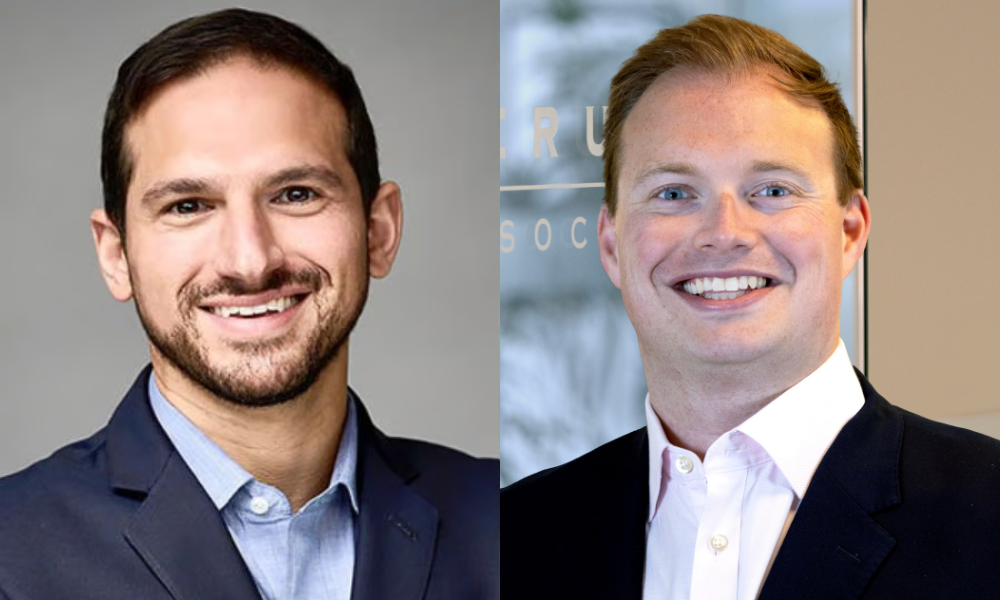

Large, well-heeled buyers of multiple registered investment advisors, routinely call consolidators or aggregators, have made a dent in the financial advice industry’s RIA marketplace over the past 10 years, and at the end of 2023 accounted for 14 percent of financial advisors compared to 6 percent in 2018, according to Cerulli Associates.
Integrated technology and succession planning are two big factors in advisors making the decision to work at a consolidator, the consultant said in a recent today.
RIA consolidators now account for $1.5 trillion in client assets, or 18 percent of the industry’s total, according to Cerulli.
“Fundamental to RIAs’ needs, technology tools have become a costly and complex component of advisory practices,” said Stephen Caruso, associate director with Cerulli. “Many consolidators have successfully constructed centralized technology platforms that give advisors access to a best-of-breed technology stack where internal technology teams manage the tools.”
“By plugging their advisors into a single system of record, firms can seek better efficiencies in integration and a greater overall picture of their business,” he added.
The landscape for RIA aggregators, which increasingly compete with the large wirehouses for the most lucrative financial advisors, has altered in the past decade.
Ten years ago, Focus Financial Partners Inc., Hightower, and United Capital Financial Partners dominated the RIA aggregator market. Since then, streams of fresh private equity capital, as well as dozens of senior Wall Street wealth management executives jumping to aggregator startups, have jolted the market.
Newer aggregators that beckon to financial advisors and gained prominence in the past five to 10 years include Corient (formerly CI Financial), NewEdge Wealth, and Wealth Enhancement Group.
When financial advisors kick the tires on an RIA aggregator or consolidator, they should understand that each firm they are potentially joining or selling to is part of a “complex ecosystem,” said Louis Diamond, an industry recruiter.
Each aggregator has subtle and not-so-subtle differences, he said, from buying a minority or majority stake in a financial advisors’ practice, to the financial backing of the consolidator, from bankers to private equity investors.
“The variety of consolidators drives competition, but it can make the market confusing,” Diamond said. “Is the advisor’s firm going to retain its Form ADV or use a shared one, with lots of firms? Does the advisor get equity or a salary as part of the transaction?”
“The aggregator is buying the equity or the upside of a financial advisor’s firm, and the challenge then is whether an incentive exists for the financial advisor to keep the business growing,” he said. “Some of the biggest firms are part of the referral programs with Schwab and Fidelity, for example. But many of the aggregators don’t have that, so how do you grow the organization?”

Rajesh Markan earlier this year pleaded guilty to one count of criminal fraud related to his sale of fake investments to 10 clients totaling $2.9 million.

From building trust to steering through emotions and responding to client challenges, new advisors need human skills to shape the future of the advice industry.

"The outcome is correct, but it's disappointing that FINRA had ample opportunity to investigate the merits of clients' allegations in these claims, including the testimony in the three investor arbitrations with hearings," Jeff Erez, a plaintiff's attorney representing a large portion of the Stifel clients, said.

Chair also praised the passage of stablecoin legislation this week.

Maridea Wealth Management's deal in Chicago, Illinois is its first after securing a strategic investment in April.
Orion's Tom Wilson on delivering coordinated, high-touch service in a world where returns alone no longer set you apart.
Barely a decade old, registered index-linked annuities have quickly surged in popularity, thanks to their unique blend of protection and growth potential—an appealing option for investors looking to chart a steadier course through today's choppy market waters, says Myles Lambert, Brighthouse Financial.
